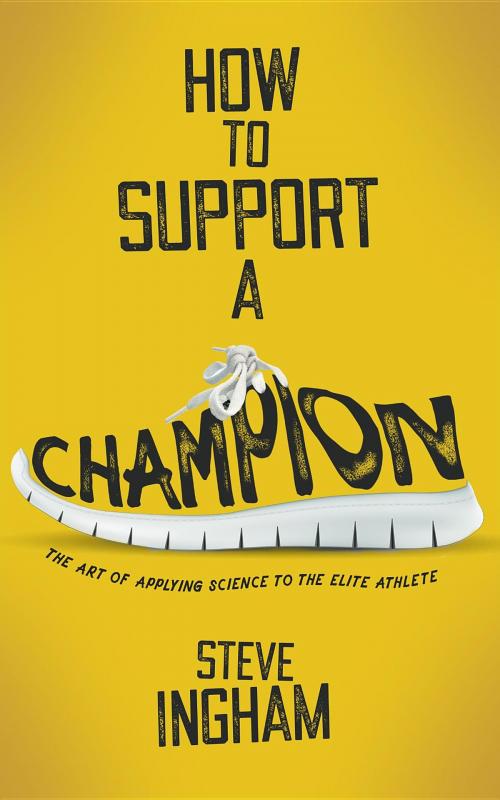How to Support a Champion
The art of applying science to the elite athlete
Nonfiction, Sports, Olympics, Science & Nature, Science, Other Sciences, Applied Sciences, Health & Well Being, Psychology, Applied Psychology| Author: | Steve Ingham | ISBN: | 9780995464360 |
| Publisher: | Simply Said | Publication: | May 15, 2016 |
| Imprint: | Simply Said | Language: | English |
| Author: | Steve Ingham |
| ISBN: | 9780995464360 |
| Publisher: | Simply Said |
| Publication: | May 15, 2016 |
| Imprint: | Simply Said |
| Language: | English |
If you are contemplating working with a champion, a potential champion, or anyone with untapped talent - be prepared, be very prepared. In 1998 Sir Steve Redgrave stared at Ingham and demanded to know, “Are you going to make me go faster?” Ingham had been trained and developed as a scientist, but in that single instance he questioned everything he thought he knew. Applied science in elite sport has boomed. Science has radically changed elite sport, but one thing remains as the guiding focus - the summit of performing to your best and winning. This applies to the athlete, the coaches and increasingly for the applied practitioner. In this book Ingham draws on the lessons learned from a career in the intense, unforgiving rollercoaster of elite sport; helping, supporting and developing some of the best athletes in the world, including Sir Steve Redgrave, Sir Matthew Pinsent, Hayley Tullett, Kelly Sotherton, and Jessica Ennis-Hill as they pursue their goals. His journey shows that all the knowledge in the world will get you only so far, but it is with trust, team-work, critical thinking, adaptability, accountability and altruism that you can truly support a champion.
If you are contemplating working with a champion, a potential champion, or anyone with untapped talent - be prepared, be very prepared. In 1998 Sir Steve Redgrave stared at Ingham and demanded to know, “Are you going to make me go faster?” Ingham had been trained and developed as a scientist, but in that single instance he questioned everything he thought he knew. Applied science in elite sport has boomed. Science has radically changed elite sport, but one thing remains as the guiding focus - the summit of performing to your best and winning. This applies to the athlete, the coaches and increasingly for the applied practitioner. In this book Ingham draws on the lessons learned from a career in the intense, unforgiving rollercoaster of elite sport; helping, supporting and developing some of the best athletes in the world, including Sir Steve Redgrave, Sir Matthew Pinsent, Hayley Tullett, Kelly Sotherton, and Jessica Ennis-Hill as they pursue their goals. His journey shows that all the knowledge in the world will get you only so far, but it is with trust, team-work, critical thinking, adaptability, accountability and altruism that you can truly support a champion.















